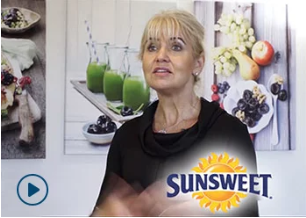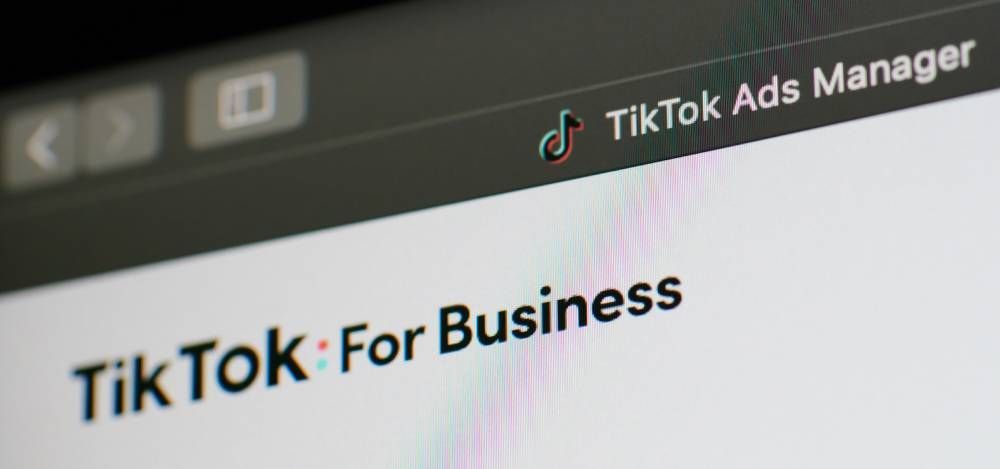- HOME
- ABOUT US
- SERVICES
- CUSTOMER STORIES
- OUR EXPERTS
- CONTACT US
- RESOURCES
555-555-5555
In need of some sound digital marketing advice?
Book a free consultation with one of our experts.

Making a difference in our clients’ lives
We positively impact the lives of our clients beyond their KPI reports.

7 Strategies for Optimizing Your Digital Presence During COVID-19
Cheryl Baldwin
Digital Marketing Consultant
August 7, 2020
Summary: A quick recap, plus the recording from our Ahead of the Curve webinar on How to Optimize Your Digital Presence During COVID-19.
Due to popular demand, our digital marketing educational webinar series, Ahead of the Curve, has been extended until the end of May. This past Wednesday, we hosted our 7th webinar and covered the topic of search engine optimization (SEO), and specifically How to Optimize Your Digital Presence During COVID-19.
During this session, WSI Digital Marketing Consultant, Mark Jaimeson, based out of Ottawa, Canada, shared his seven SEO recommendations and strategies for thriving in this new "normal".
We’ve included a quick recap of Mark's seven tips below, along with the full webinar recording at the end of this blog post, so you can hear Mark speak to each of them firsthand.
1. Monitor Consumer Patterns, Behaviors & Channel Preferences
You must be monitoring consumer conversations right now. You should develop a clear understanding of how their habits are evolving, how their interactions with your brand are shifting, and where your brand can meet them to change these needs.
So, as lock-down protocols ease up and you can reopen your storefronts and allow customers to come back in, keep a close ear to the ground. Listen to what they're saying. Understand their needs. Part of doing this may mean that you have to enable these conversations online (on your website via a chatbot, on your social channels, or via a customer feedback survey).
2. Strive for Expertise, Authoritativeness, & Trust (E.A.T)
You can nurture your brand by building your expertise, authority, and trust, or what Google refers to as the E.A.T Principle.
Google doesn't want to serve up results to searches that take them to pages that are uneducated, that are opinion based or potentially fraudulent, or that actually can harm somebody.
So, what Google is asking business owners to do, especially now because of the high demand for traffic on the Internet, is:
Demonstrate your expertise (this begins with proper keyword research)
Show some authority (having backlinks from high authority sites)
Showcase you are trustworthy (positive user reviews, and ensuring your site is secure)
If you concentrate on these three things, you will have a better chance of improving your website's optimization.
3. Manage Your Web Presence’s Media: Owned, Earned & Paid
When it comes to having a strong SEO strategy, one that can help you drive more traffic to your website, you need to be managing and controlling your brand narrative on all of your marketing channels. There are three types of marketing channels:
Owned (website, social profiles, blog)
Paid (third party channels, display ads, PPC)
Earned (shared content, word-of-mouth reviews)
By taking stock of your media right now, you can ensure that you are speaking the right message, that your message is hitting people at the right time in the buying process, and that you're monitoring what is being said about your brand online.
4. Audit Your Upcoming Content & Campaigns
If you had crafted any campaigns (PPC, content, social, etc.) before COVID, it’s good to re-evaluate the messaging and topics you are using before you keep developing content or launch anything. Buying patterns and trends are changing. Digital marketing is still one of your best choices to reach your audience, but messaging that may have worked in the first quarter of the year, definitely won’t work now or even in the upcoming months. We highly recommend you take a look at your campaigns and audit them. Make sure they have pivoted and are aligned to the new normal.
5. Take Stock of Keywords You Are Currently Targeting
You also need to take stock of the keywords you're currently targeting. Your products and services, and the way you deliver them possibly have changed. Which means, some of the search terms that people are searching for to find your products and services could have changed as well.
What's essential for marketers to understand as well is that some of the keywords that you should be going after right now may not yet exist in Google's database. Even if they do, they may have small search volumes associated with them. Search terms like "virtual showrooms for X vertical" could be keywords that start trending. Today, they may have little to no search volume, but 6-8 months from now, it could be a different story.
When it comes to keywords being used today, we need to be putting ourselves into the consumers' minds and start foreseeing new search terms and going after them today.
6. Ensure Your Mobile Presence is Exceptional
Today's consumer wants a seamless and fast mobile experience. Knowing this, on July 1, 2019, Google moved to a mobile-first indexing strategy. This means that Google indexes the mobile version of your website to determine your search engine ranking. So if you're not providing an excellent mobile experience to your website visitors, you aren't going to rank well from an SEO perspective.
We recommend that you take a look at your mobile site experience from your customers' perspective. Go on your phone, and navigate through your mobile site and make sure it's exceptional.
7. Focus on User Experience - it's Everything!
When it comes to user experience online, we often talk about a website's navigation, clear calls-to-actions, or accessible forms that can help improve conversions. Although this is all still applicable today, we need to consider the current state of affairs and consider a different type of user experience.
We recommend that you narrow your focus and think about what your customers need right now and speak directly to those needs front and center on your website. Move from the hard sell to the soft sell, and focus less on the products and services you're offering and focus more on what you can do for your customers today. Make your customer service easily accessible. Ensure that your phone numbers, email addresses, new hours of operations, or instructions for pick-up and delivery are easy to find on your website.
The Best Digital Marketing Insight and Advice
The WSI Digital Marketing Blog is your go-to-place to get tips, tricks and best practices on all things digital marketing related. Check out our latest posts.
Subscribe Blog
Thank you for contacting us.
We will get back to you as soon as possible.
We will get back to you as soon as possible.
Oops, there was an error sending your message.
Please try again later.
Please try again later.
*You may unsubscribe from digital communications at anytime using the link provided in WSI emails.
For information on our privacy practices and commitment to protecting your privacy, check out our Privacy Policy and Cookie Policy.
For information on our privacy practices and commitment to protecting your privacy, check out our Privacy Policy and Cookie Policy.
Don't stop the learning now!
Here are some other blog posts you may be interested in.
Don’t miss this opportunity to unlock the potential of AI for your portfolio company. Whether you're looking to streamline operations or improve customer service, this session will provide the insights you need to take action.
Schedule a One-on-One consultation
If your company is already exploring AI opportunities or facing specific challenges, skip the wait and schedule a one-on-one consultation with WSI’s AI experts. During this session, we’ll discuss your unique needs and identify potential AI-driven solutions tailored to your business.
© 2021 WSI. All rights reserved. WSI ICE and WSI IM are registered trademarks of RAM. Privacy Policy and Cookie Policy
Each WSI Franchise is an independently owned and operated business.



